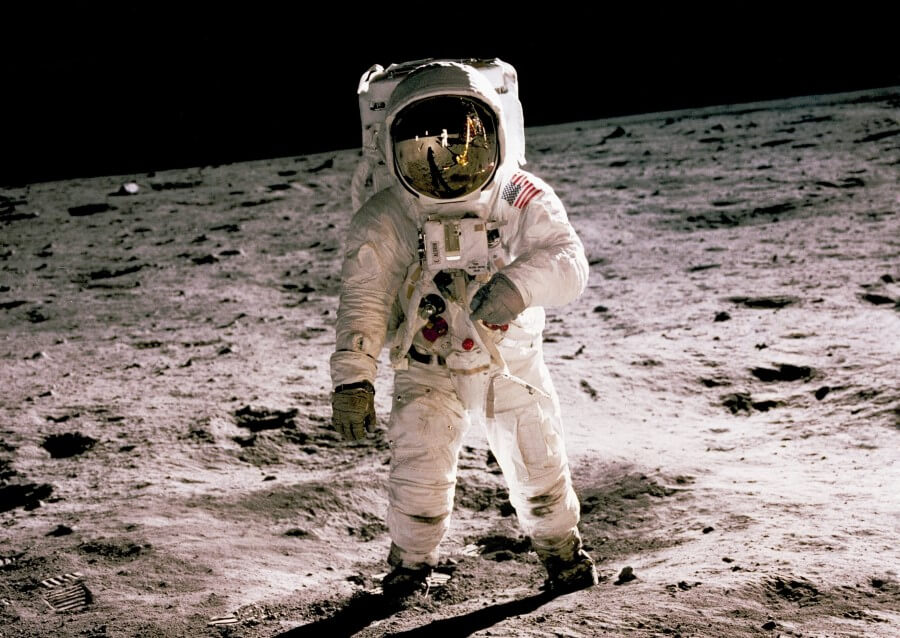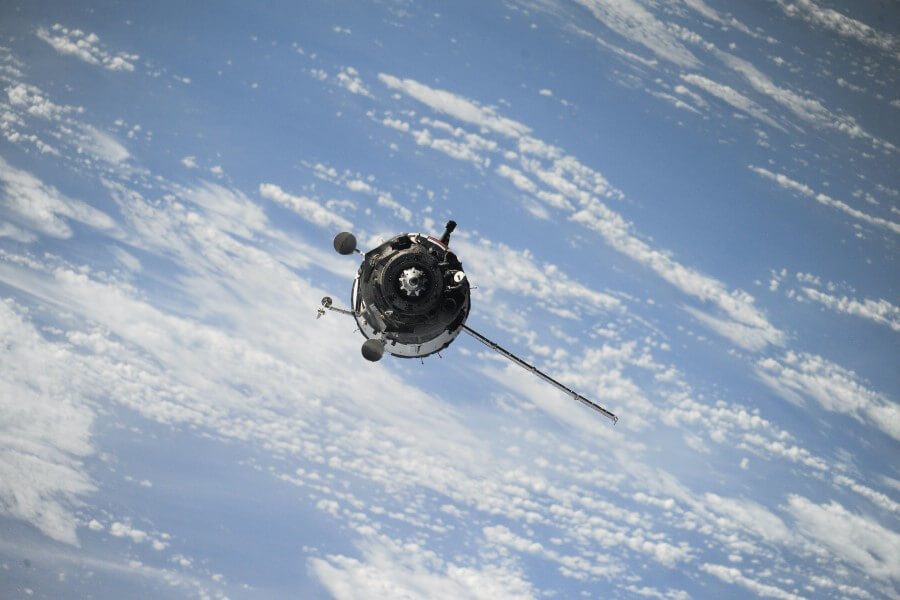
Dr Chloe Billing explores what recent funding provided by the government to the University of Birmingham and its partners for space hubs will mean for the West Midlands.
“Space is a means to various ends and not an end in itself.” Dr Chloe Billing
Fifty-one years after the successful lunar landing by the U.S. Apollo 11 astronauts, advanced satellite technologies enable a range of economic, environmental, social and defence-related applications. The challenge presented by today’s ‘space race’ is who can capitalise on these applications, which have transformed life on Earth and produce the technologies required to deliver them. Satellite-enabled applications can be grouped into five broad categories:
- Communication: Telecommunications satellites transmit signals from one point to another. This allows ships, planes and mobile Earth stations to communicate distress signals and data.
- Navigation: Global positioning satellites (GPS) enable anyone with a handheld receiver to determine their locations.
- Defence and security: Defence satellites enable communication, surveillance, Earth observation and navigation for security purposes.
- Weather forecasting and environmental monitoring: Meteorological satellites generate data on cloud formation, tropical storms, hurricanes, the likelihood of forest fires and temperature profiles. This forecasting positively impacts on a range of businesses including: (i) distribution companies interested in potential weather disruption to traffic; (ii) supermarkets, on deciding whether to stock BBQ food; and (iii) fishing companies, on knowing when artic ice is expected to melt and fish are free to catch.
- Land Stewardship: Earth observation satellites detect natural resources, including water, whilst monitoring erosion and contamination (of water and land), and any leaks or breaks in large-scale infrastructure (such as oil pipelines). Earth observation satellites can also provide data on the use of a city by its inhabitants/visitors in order to help understand, analyse and plan future changes.
With the increasing number of satellite-enabled applications, there has been a marked trend towards greater dependence on space-based capabilities by governments, the public and commercial users. This growing dependence means an increased opportunity for new entrants in the global space sector market – including for firms in the West Midlands. In response to this, the UK Government has (Wednesday 18 November) backed the development of new space hubs across England, Wales, Scotland and Northern Ireland. Funding is going to seven locations – including the West Midlands– to ensure space is a priority for regional economic growth and attract commercial investment from space companies to these areas.

The funding has been awarded to the University of Birmingham and will be led by City-REDI (Business School) and supported by Professor Kai Bongs (Director of Innovation – College for Engineering and Physical Sciences) and Tariq Ali (Deputy Pro-Vice Chancellor for Strategic Partnerships, University of Birmingham, and Vice-Provost for Research & Innovation).
City-REDI will work in partnership with the West Midlands Combined Authority, GBSLEP and Black Country LEP and aims to support the development of an early-stage local space hub in the West Midlands. The project objectives are to deliver:
- a detailed understanding of its current space sector strengths, underpinning assets, market opportunities and local priorities
- a clear strategy and plan for how its space potential can be realised – including what support, guidance and investment is required
- insight into how a West Midlands space cluster could participate in and contribute to a nationally linked network of Space hubs to benefit the whole of the UK.
This blog was written by Dr Chloe Billing, Research Fellow, City-REDI / WM REDI, University of Birmingham and was first posted on the Birmingham Brief webpage.
To sign up for our blog mailing list, please click here.
Disclaimer:
The views expressed in this analysis post are those of the authors and not necessarily those of City-REDI / WM REDI or the University of Birmingham
